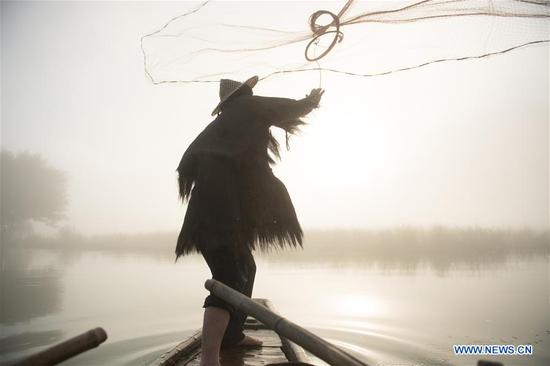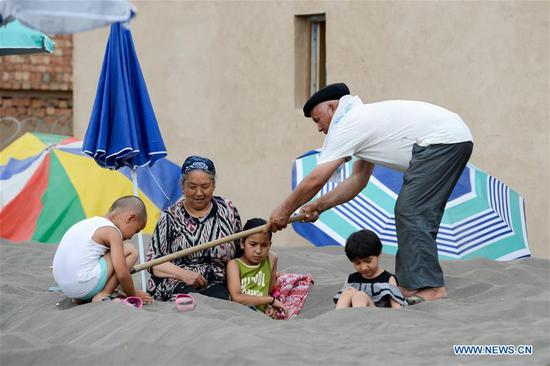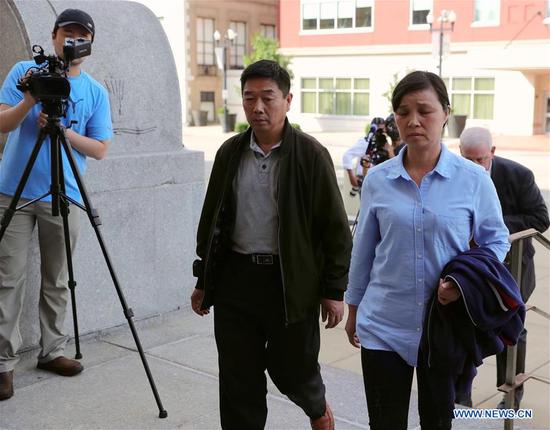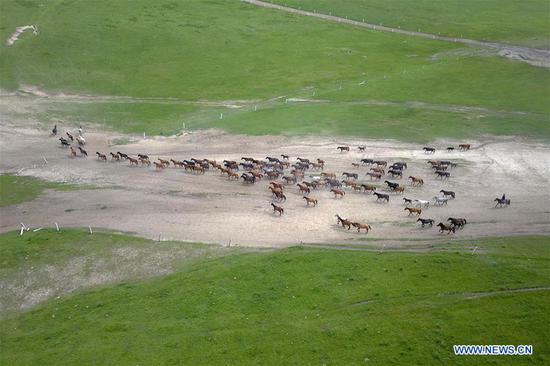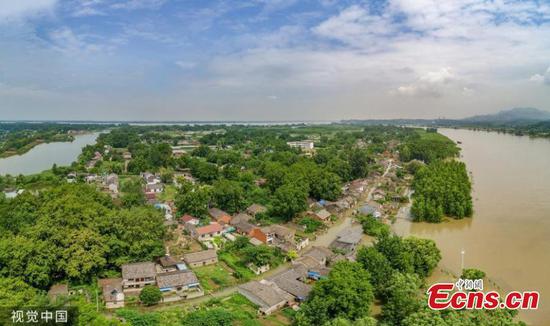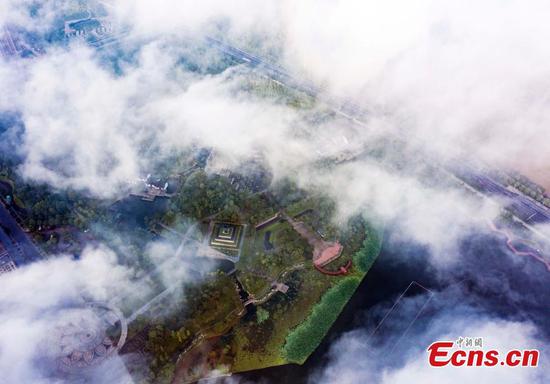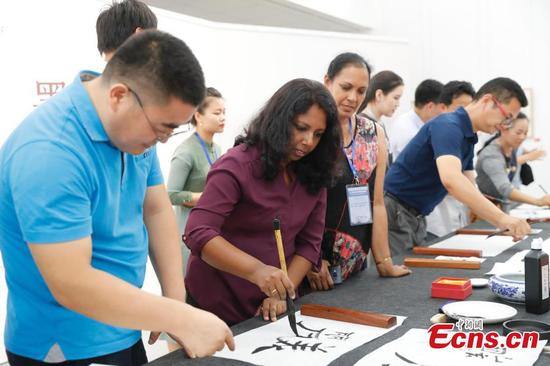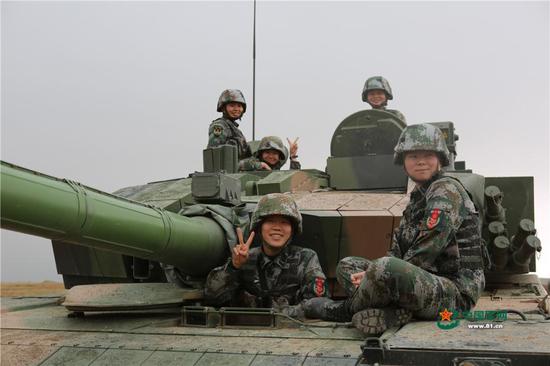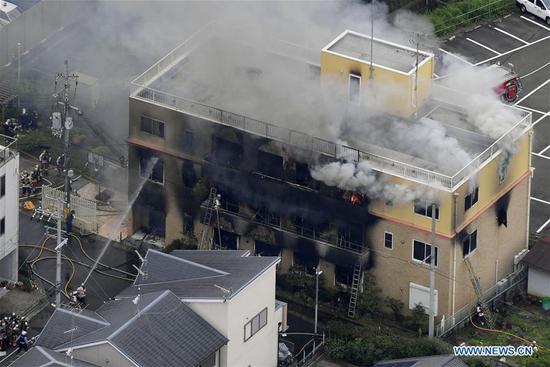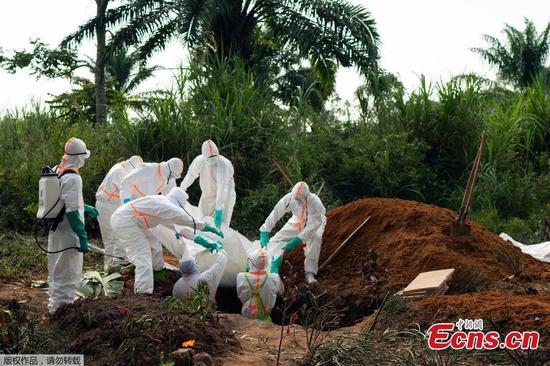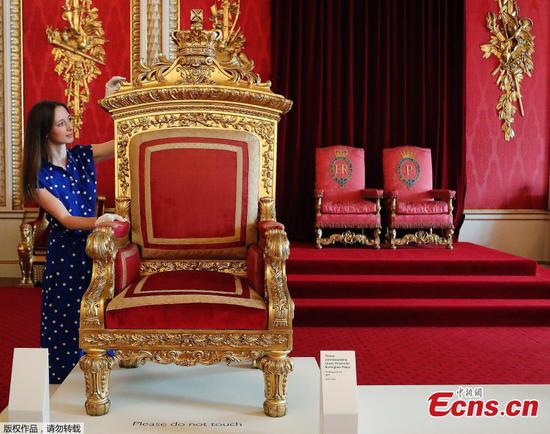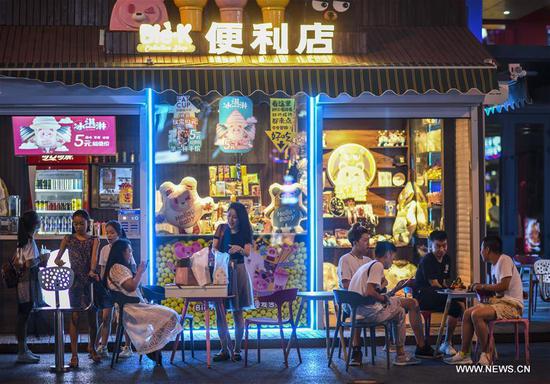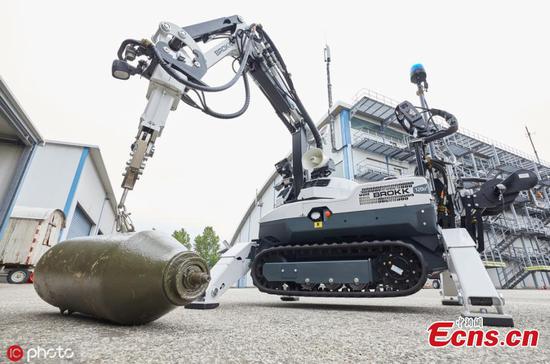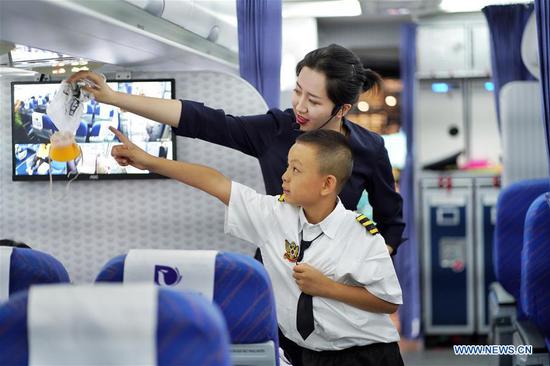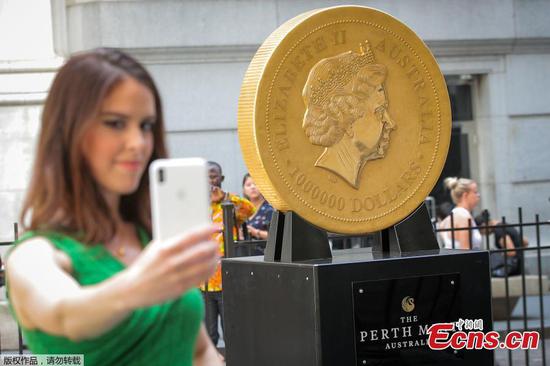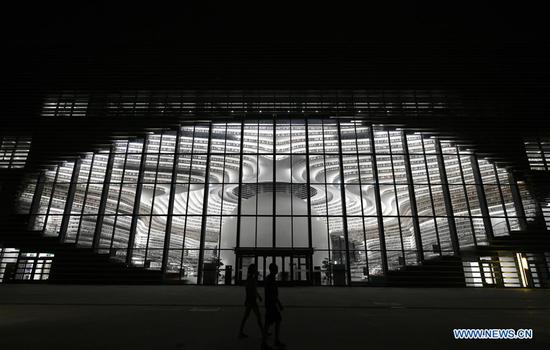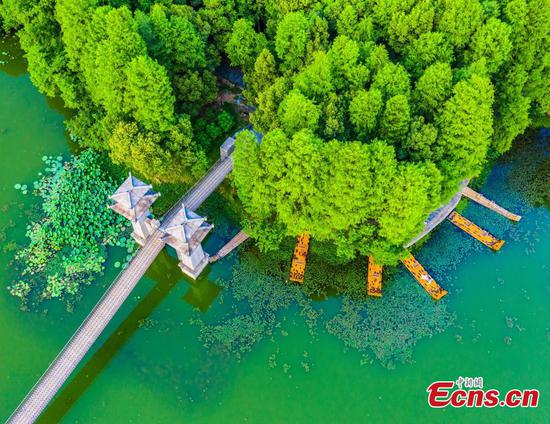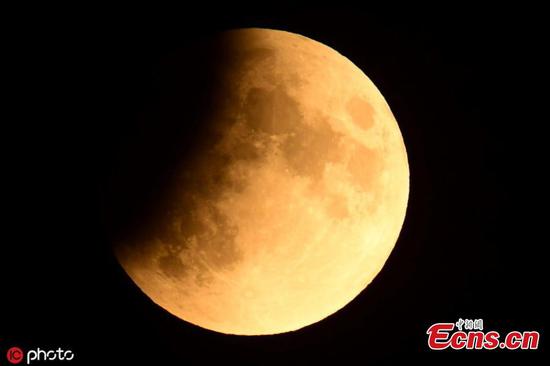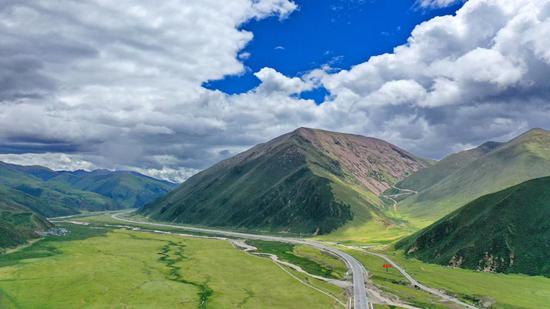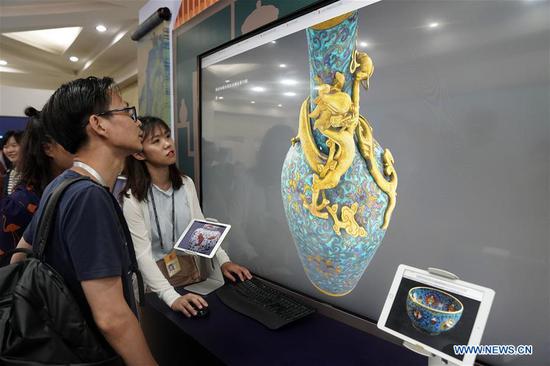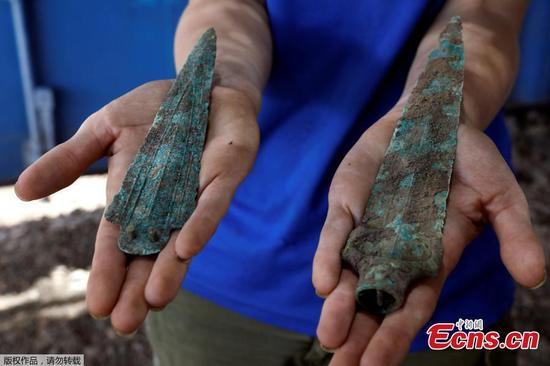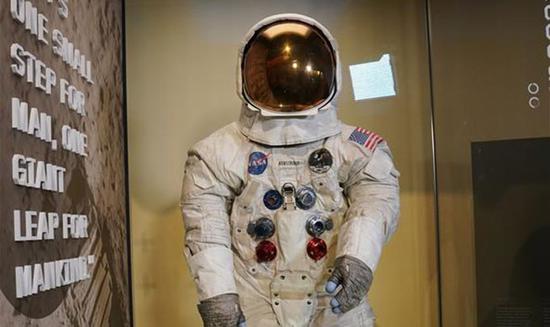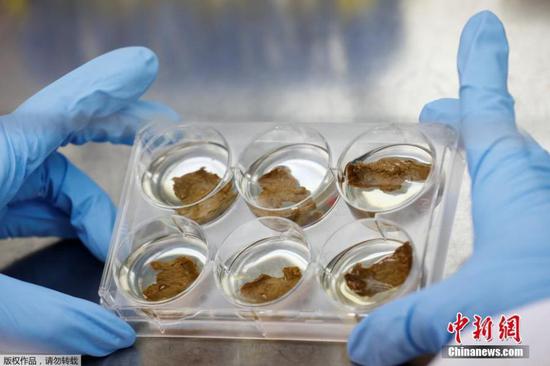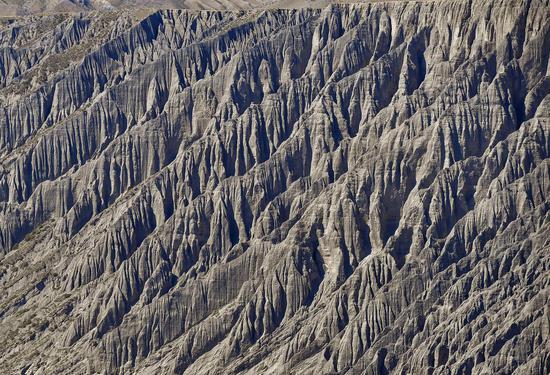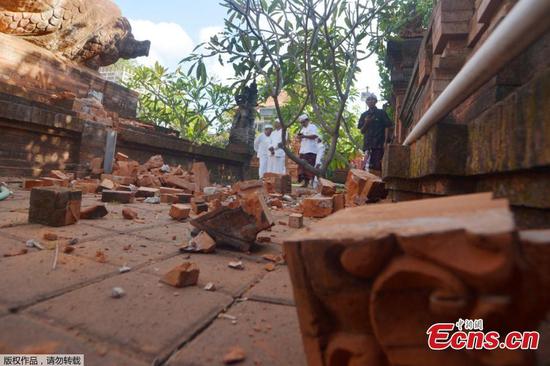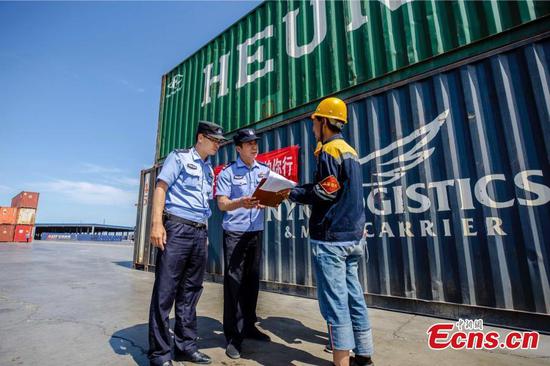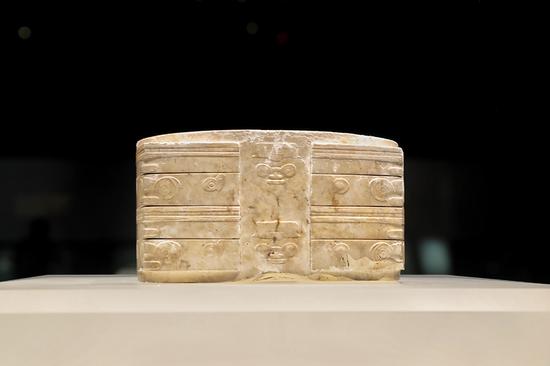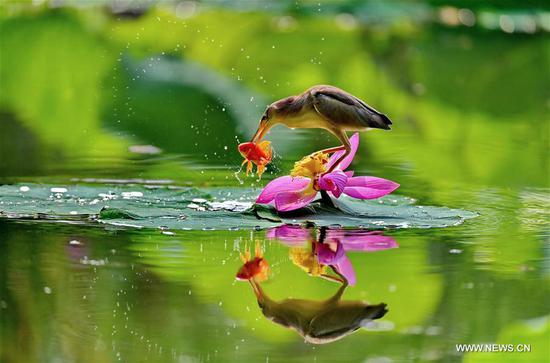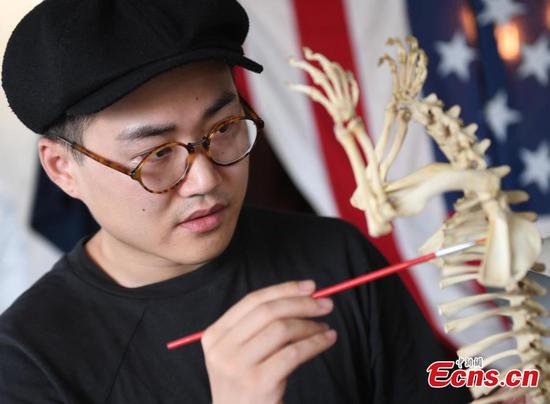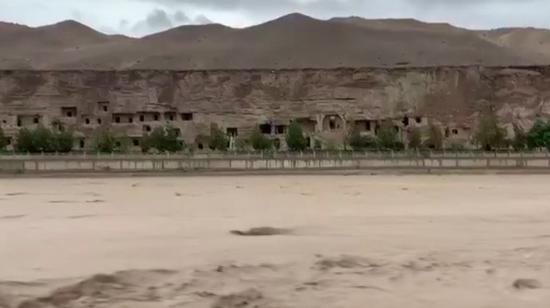The annual meeting of the Asian Infrastructure Investment Bank held recently in Luxembourg was eye-opening for me after covering the spring and fall meetings of the World Bank and the International Monetary Fund in Washington for many years.
AIIB's motto of lean, clean and green, was certainly a highlight. In addition to the AIIB event app and the electronic button on the badge that allowed participants to cut their carbon footprint in such ways as exchanging virtual business cards, the packed sessions throughout the two days were all about sustainability and being green.
There was a session on meeting the commitment of the Paris climate accord that was chaired by Nicholas Stern, a leading advocate in the fight against climate change and a member of the AIIB International Advisory Panel. There was a seminar on energy infrastructure in a decarbonized world, a roundtable on water strategy and a panel on renewable energy, as Europeans share their rich experience on offshore wind development. There also was a session on sustainability in infrastructure, another one on debt sustainability and yet another on the future of sustainable financing.
In this way, the AIIB annual meeting is at least as green, if not greener, than the World Bank/IMF gatherings.
In early 2015, the U.S. government under then president Barack Obama spread doubt about the nascent AIIB, portraying it as one that would not meet high standards in governance, transparency and environmental protection. This was in addition to its efforts to prevent its European allies from joining the China-initiated multilateral development bank.
While based in Washington for more than five years, I heard plenty of the negative rhetoric on AIIB from senior U.S. officials and pundits.
However, European nations, in particular the United Kingdom, chose to join the AIIB as founding members by defying Washington's pressure.
Luxembourg Finance Minister Pierre Gramegna praised the AIIB as "arguably the most modern and international financial institution in the world" and "the beacon of multilateralism while surpassing expectations of growth".
At the annual meeting, the AIIB's Board of Governors approved the applications of three African countries-Benin, Djibouti and Rwanda, bringing its total number of approved members to 100.
The AIIB has already received the highest Triple A credit ratings from the world's three biggest rating agencies-Standard &Poor's, Moody's and Fitch Group. The bank has provided $8.5 billion in loans for 45 projects in 18 member countries since its opening in January 2016, many in renewable energy and green infrastructure.
A few years ago, many in the U.S. tried to portray the AIIB as a challenge to the existing multilateral development banks. But the reality is that the AIIB has been working collaboratively with major multilateral development banks in cofinancing infrastructure projects and beyond.
AIIB President Jin Liqun, a former vice-president of the Asian Development Bank, described his working relationship with ADB President Takehiko Nakao and new World Bank President David Malpass as excellent.
The AIIB still has a long way to go and a lot to learn. But its success in the past three and half years shows the confidence and trust it has won around the world.
The huge need for infrastructure financing means that the AIIB and other multilateral development banks and private investors should join hands in funding and developing infrastructure and connectivity.
The author is China Daily's EU bureau chief based in Brussels.










